Looking to Save Energy and Money this winter? With the cold days creeping up as we head towards December, arguably the most expensive month of the year for energy bills, followed closely by January and February, and with the impact of the cost-of-living crisis, homeowners are increasingly looking for ways to cut down on their energy usage. We have highlighted some tips you can use that could help reduce some expenses to save energy and money this winter:

Having a Smart Meter Installed
If having a Smart Meter installed isn’t something you have got round to doing yet, now is a great time to get one installed. Having one installed is free and helps visualise energy usage via a remote connection to the energy supplier. This is a great way to help you recognise your usage and help reduce your consumption, saving energy and money.
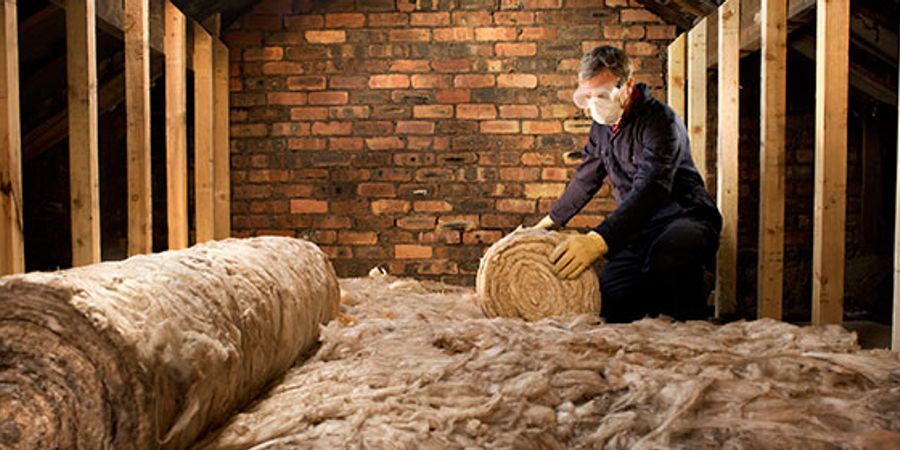
Top up Insulation
Insulation helps help maintain the preferred temperature in your home all year round. Insulation can help protect your home against cold in winter by reducing the amount of heat escaping, and then reducing the amount of heat entering in the summer. It’s very energy efficient and can help boost the EPC Rating (Energy Performance Certificate) which can in turn add value and desirability to your home.
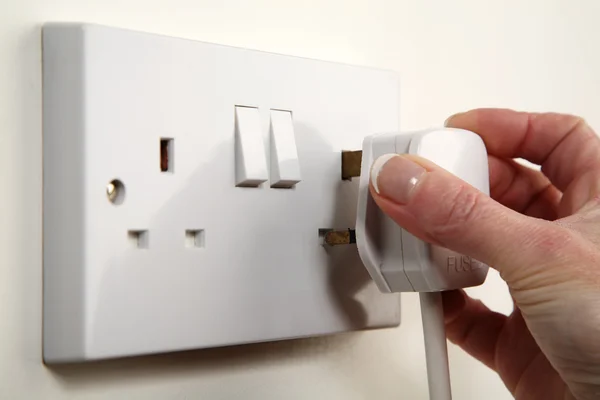
Switch off Standby
Standby mode is when your electronic appliances are on standby mode, or sometimes entirely turn off, but still plugged in. This is known as Vampire Power and affects appliances like televisions, toasters and kettle. In some households this can account to as much as a quarter of a homeowners’ energy bill, so unplugging devices at night or when they’re not in use is an easy way to cut down on your monthly energy bill.
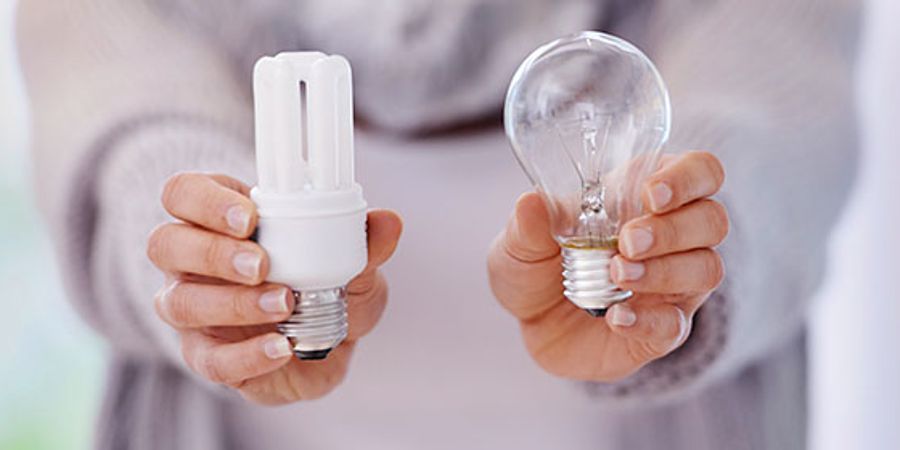
Turn off Lights and using LED bulbs
As the holiday season quickly approaches, it’s common for more decorations to be up than usual, so remember to switch off any Christmas lights when no one is around to see them. Another great tip is to replace older light bulbs with LED bulbs, which are 10 times more efficient than incandescent lights, and have double the lifespan!
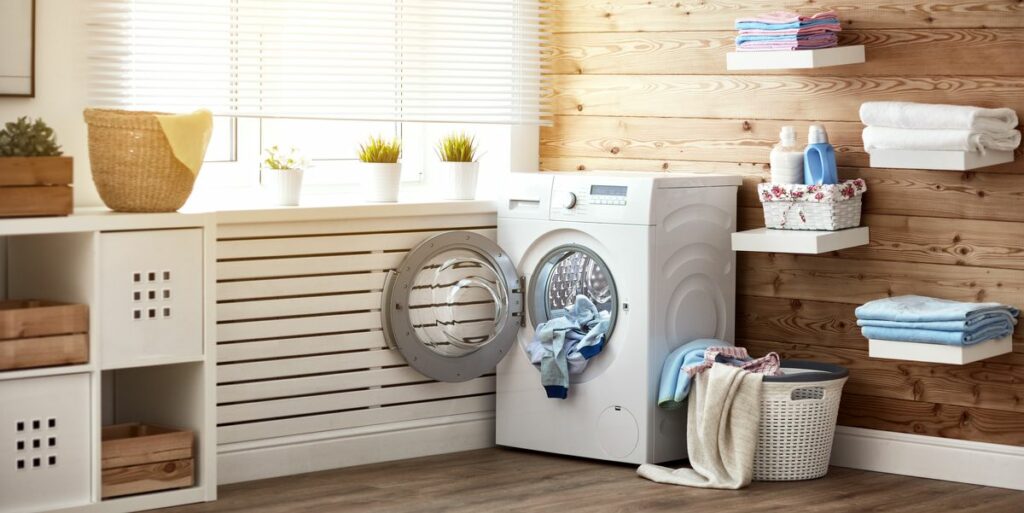
Avoid non-essential Appliances
Tumble Dryers have a bit of a bad reputation when it comes to energy efficiency. If you need to use the Tumble Dryer, set it to the most efficient setting. Otherwise, if you already have the heating on, hanging clothes on an indoor rack next to the radiator is an effective way to dry clothes. And remember to ventilate your home at the same time to avoid a build up of mould.
Draught-Proof Windows and Doors
It’s likely that, unless you’re living in a brand new home, you will lose some heat through draughts around the doors and windows or through the chimney. Professional draught proofing is a great option and will certainly save you money long term, however simple do it yourself draught proofing can be effective if done properly. For example, Draught excluders by the doors are effective, as well as a chimney sheep or balloon if you are not using your chimney.

Turn Down Thermostats by a few degrees
It can be tempting to turn the thermostat up a few degrees as the weather starts to get colder, however turning the thermostat down by a few degrees can save as much as 10% on your heating bill. A reduction of 1-2 degrees may not seem like it would make a great deal of difference, but it is one of the best ways to save energy and money.
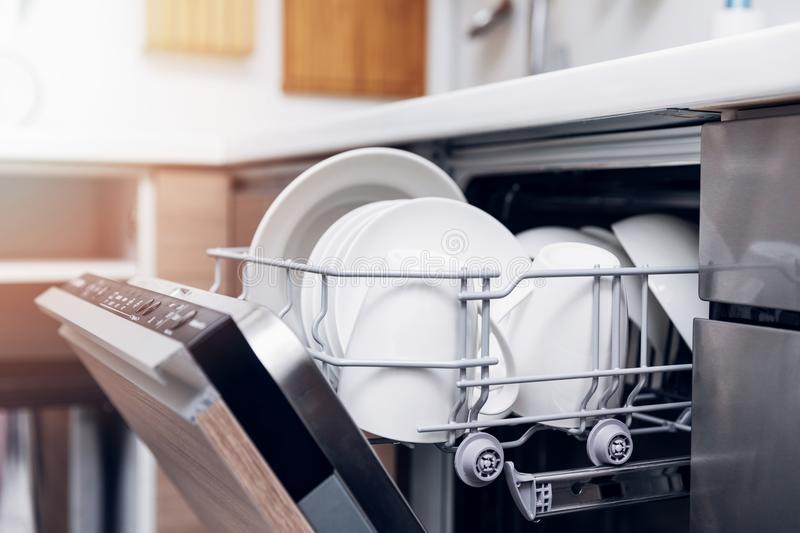
Fill Up Dishwasher
Having a full dishwasher before letting it run can save you more water than washing the dishes by hand from the hand, as you will wash less frequently and the dish washer will use the water more efficiently… and save you time!

Kitchen Appliances
Kettles are one of the most used appliances in the kitchen, and some of us may be guilty of boiling more water than we need. Not overfilling the kettle each time you use it can save on water and electricity, making the boiling time shorter. Air fryers are becoming a popular appliance in the kitchen because of their efficiency and effectiveness, they require less time to heat up in comparison to an electric oven which saves electricity. Slow cookers provide an efficient way of cooking, although they cook for longer, they use a lower ampage and can cook large batches of food which can then be frozen.








